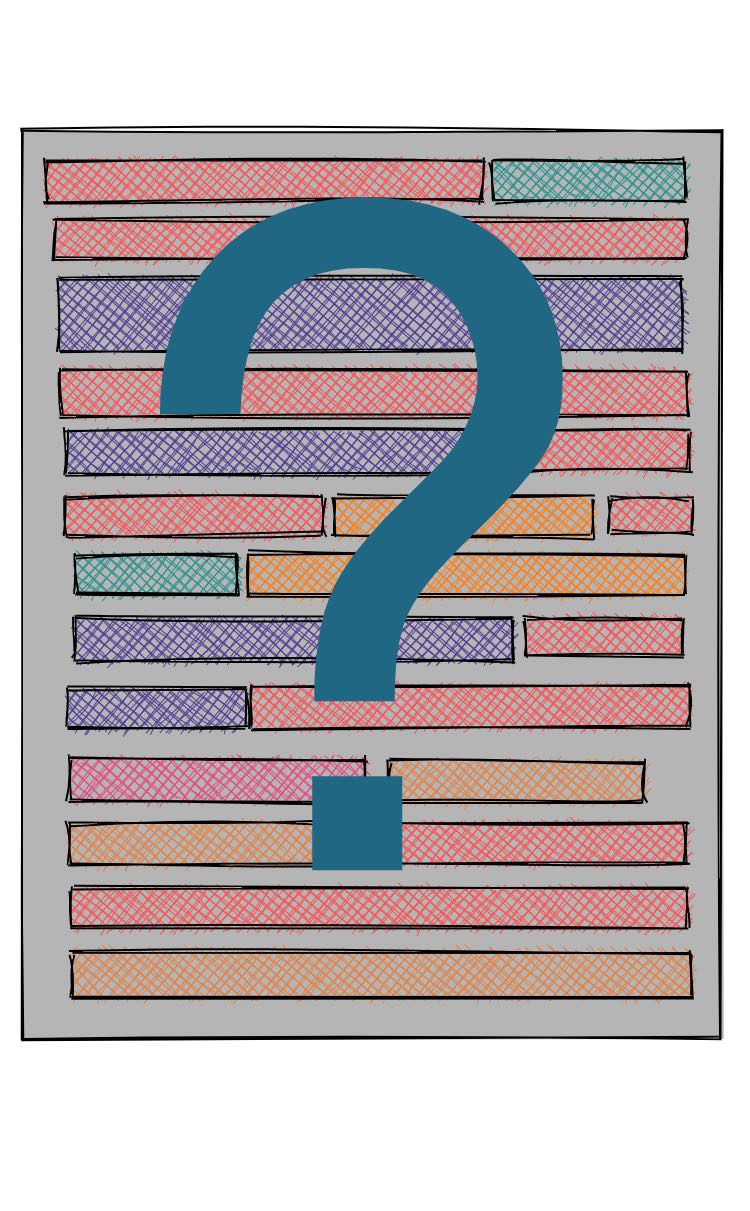Reading
Actor's Concepts and Inventing Discovery
How discovery became an actor's concept - and what you can use that for. Can you play chess without knowing that you are doing so?

Can you play chess without knowing that you are doing so? Take a second to think about it - is this at all possible?
I would argue that you can't - you need to know the rules and you need to have some sort of language to communicate with your opponent that "checkmate" means the game is over. The language in which you do this doesn't matter - English, French, German, Sign Language...all that matters is that you know the rules and can distinguish the figures.
Chess is an example of an "actor's concept" - you need the concept to perform the action.
I learned about actor's concepts from David Wootton's fantastic book The Invention of Science, where he talks about it in the context of the invention of the word "discovery". As he writes
"in 1492 ‘discovery’ was not an established concept. More than a hundred years later Galileo still needed, when writing in Latin, to use convoluted phrases such as ‘unknown to all astronomers before me’ to convey it." (p. 58)
The current meaning of the word discovery had to be invented, and the act of doing so and its consequences points to the importance of actor's concepts and what we can use them for today.
So what's the story here?
Inventing Discovery
As Wootton recounts, before we had the word discovery, "history was assumed to repeat itself and tradition to provide a reliable guide to the future; and the greatest achievements of civilization were believed to lie not in the present or the future but in the past, in ancient Greece and classical Rome." (p. 58)
Columbus' discovery of America changed that forever. The word "discovery" as we know it today appears for the first time in Portuguese as 'descobrir'. Two years after Columbus proposed to sail west to get to China, in 1484, Fernão Dulmo gave the word the meaning we have for it today: he wanted to do a voyage west "into the unknown to find (descobrirse ou acharse, discover or find) new lands" (p.58). Dulmo never made that voyage, but Columbus did.
The full history of the word is incredibly fascinating, and I highly recommend getting the book - it's one of the densest works of scholarship I've ever read and I can't do it full justice here.
What's important, however, is that once the word existed and we had an example for the full scale of its meaning through the discovery of America, our collective perception of time changed from something cyclical to linear. History stopped "repeating itself", "there's nothing new under the sun" stopped being seen as true, and finding out new things became a thing you could do. It switched from something that might happen accidentaly without being recognized to something you could purposefully set out to do.
This had consequences - it set off the race for new discoveries by letting it matter who discovered it first, for one, and just kinda by the way gave rise to what we now know as competition.
It blows my mind every time I contemplate the collective shift in thinking that happened here.
Since I read this chapter in the book, I've been thinking a lot about actor's concepts and finding new ones. How can you find, maybe even discover!, the right words to shift something that "just happens" to something that you can actively do?
The most recent example of this for me is when I came across the term "Algorithm of Thought" through Conor White-Sullivan.
We all think, and over time we develop unconscious thought patterns that arise as responses to a stimulus. When we make choices, when we deal with emotions, in all sorts of situations we subconsciously take the same path over and over again.
But what if we made these patterns conscious? Even explicit through writing them up?
That's what Algorithms of Thought do. Once you know the term, thinking turns from a thing you just do into a shapable process of sequential tasks for your mind to perform.
This is different from Mental Models, mind you. Mental Models allow you to build simplified ways of representing the world - but they are static. It's the difference between knowing what a door is and using the right action to open one (door knob, sliding door, breacher charge, etc.).
How can you use this in daily life? I've written a short intro to Algorithms of Thought with examples, if you want to check that out. For actor's concepts, as with Algorithms of Thought and the word discovery, having the term alone can help in being actively on the lookout for new ones. Do let me know when you find one!
Related Topics
Join the Cortex Futura Newsletter
Subscribe below to receive free weekly emails with my best new content, or follow me on Twitter or YouTube.
Join and receive my best ideas on algorithms of thought, learning, and decision making
